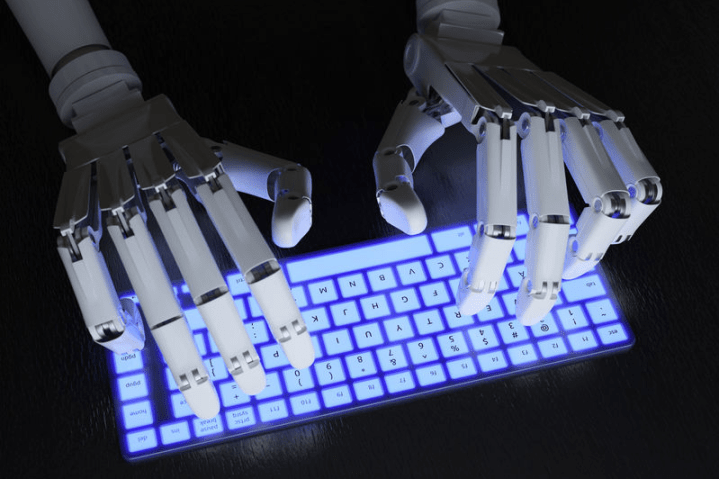
Try as designers might, there hasn’t ever been a really solid solution for the visually impaired to prove that they’re human. Such CAPTCHAs (Completely Automated Public Turing Test To Tell Computers and Humans Apart) are either too difficult to solve, or too easy for bots to figure out. But researchers at Ruhr-Universitaet-Bochum might have a solution. A number of words are read out loud by a computer, alongside some gibberish; users need to identify the gibberish. It sounds simple, but bots struggle with it, Phys.org is reporting.
This is a great deal easier for users than the current methods, which require transcribing words that the computer reads aloud.
This new CAPTCHA method isn’t just easier for humans, however: It’s also harder for bots. Computers are pretty good at recognizing words at this point, and in some cases are actually better at it than humans. But machines struggle to identify gibberish. Go ahead: say a bunch of nonsense words to Siri or Cortana, and watch as these systems guess and identify that nonsense as a series of words you didn’t intend.
With this in mind, it’s easy to imagine this new CAPTCHA being hard for machines to figure out but superficial for humans. Research shows a human success rate of 60 percent, and a 14 percent machine success rate. Previous audio CAPTCHA systems see a 63 percent machine crack rate, making this an improvement.
The complete research, “Towards Improved Audio CAPTCHAs Based on Auditory Perception and Language Understanding,” will be published in ACM Transactions on Information and System Security later this year.
Of course, bots built specifically for this task may eventually come along and get better at solving this specific task. They keep building better bots, which means the web needs better CAPTCHAs. The cat-and-mouse game is becoming less and less relevant, however, as more sites require users to sign in using Facebook, Google, or other credentials instead of using CAPTCHA. Still, for those cases when you’d rather not sign in, it’s good to see new, easier methods of verifying one’s humanity.
Editors' Recommendations
- Instagram and Facebook down? You’re not alone
- Clever new A.I. system promises to train your dog while you’re away from home
- Your A.I. smart assistant could one day tell if you’re lonely
- A.I. can tell if you’re a good surgeon just by scanning your brain
- Toilet paper calculator tells you if you’re hoarding or destined to run out


